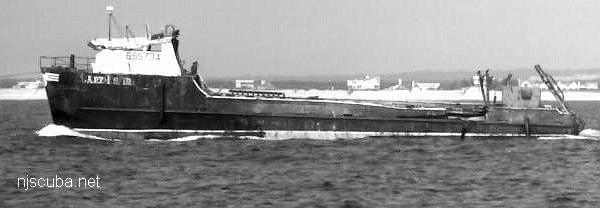
- Type:
- artificial reef, clam dredge
- Built:
- 1983, James K Walker Marine, Moss Point MS USA
- Specs:
- ( 112x24 ft ) 188 gross tons
- Sunk:
- Wednesday March 8, 2000 - Moriches Artificial Reef
- Depth:
- 75 ft
- GPS:
- 40°43.505' -72°46.386'
More: Cape Fear ...

More: Cape Fear ...
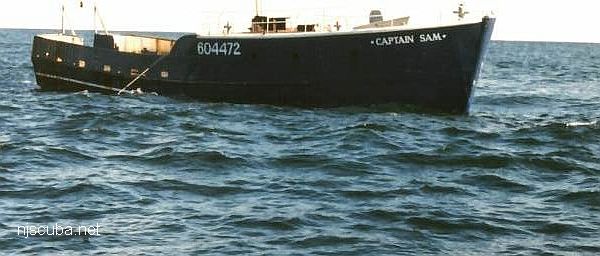
More: Captain Sam ...
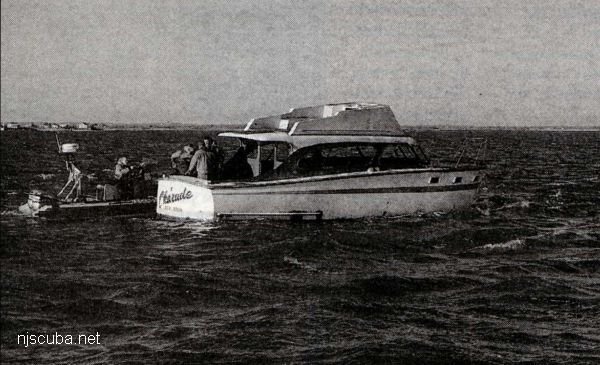
More: Charade ...
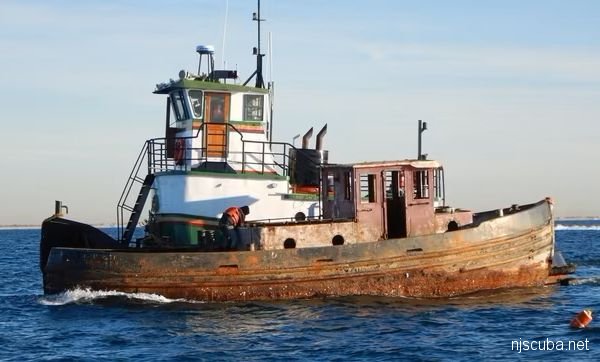
More: Chickadee ST-555 ...
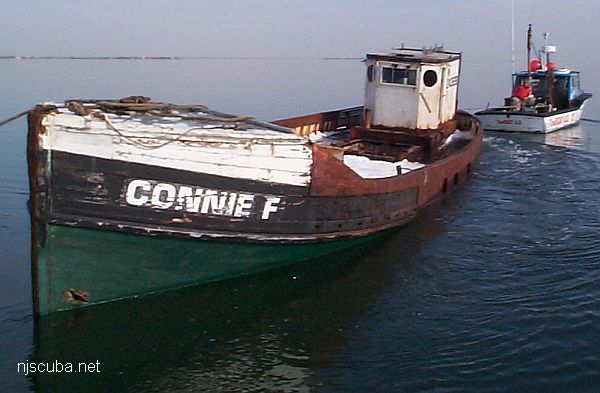
More: Connie F ...
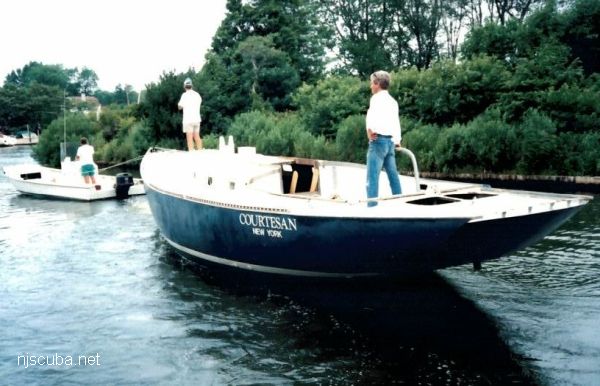
More: Courtesan ...
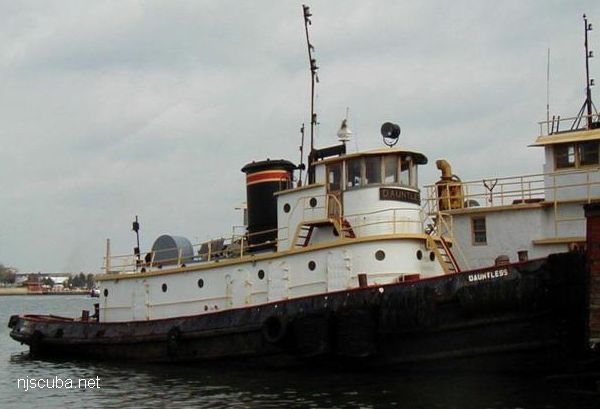
More: Dauntless ...
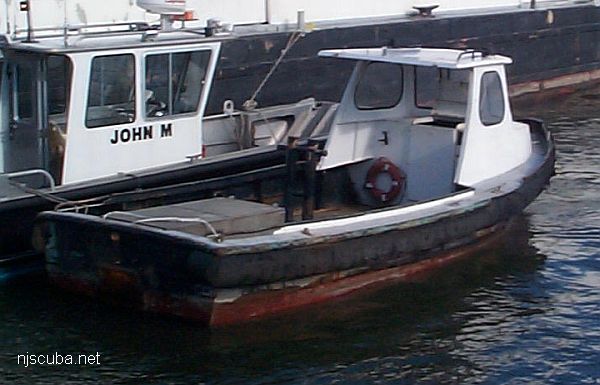
More: Evan Miller ...
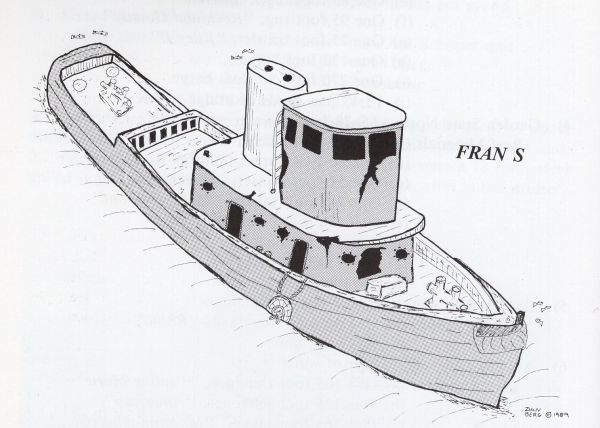
sank during dredging operations
later raised, moved, and re-sunk as part of reef
intact, upright
More: Fran S ...

More: Hudson ...